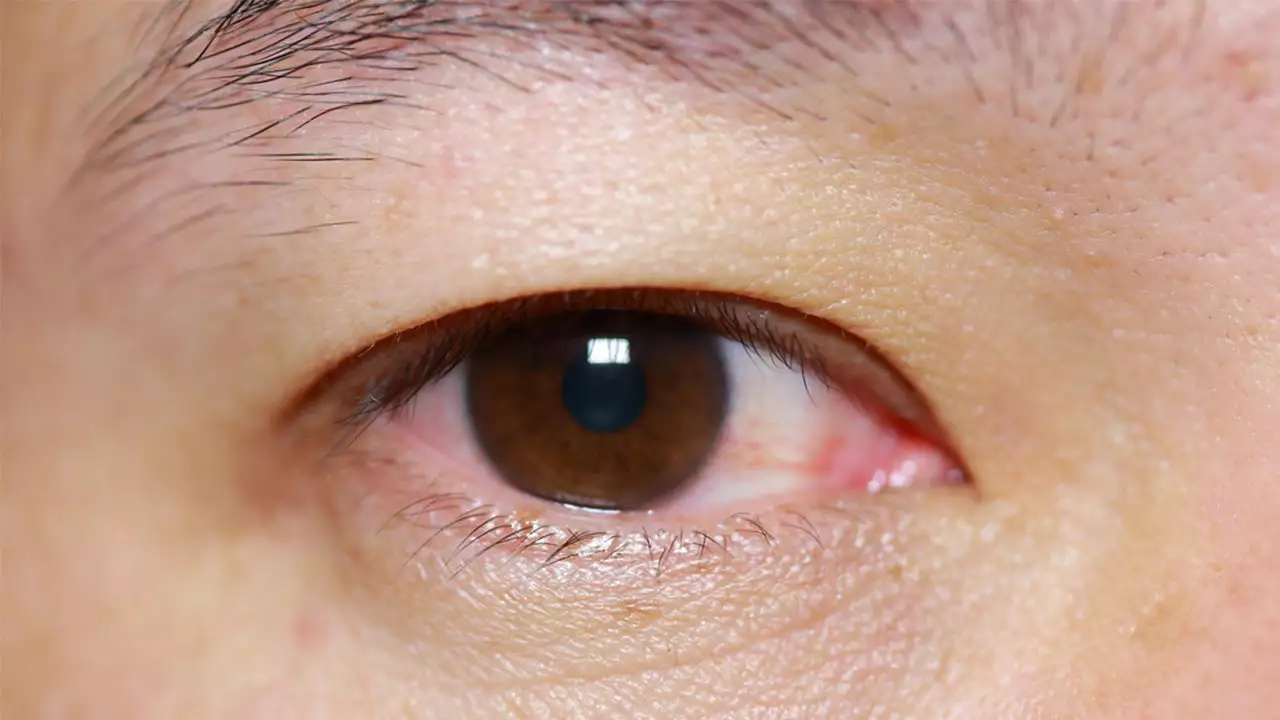Allergic conjunctivitis: fast relief and simple prevention
If your eyes are red, itchy and watery whenever pollen, dust or pets are nearby, you probably have allergic conjunctivitis. It’s common and usually not dangerous, but it’s annoying. This guide gives practical steps you can try today, plus clear signs for when to see a doctor.
Allergic conjunctivitis happens when your immune system overreacts to an allergen. The usual culprits are pollen, pet dander, dust mites, smoke and mold. Unlike an infection, itchy eyes and both eyes being affected are classic signs. You might also sneeze, have a runny nose, or feel sinus pressure.
Quick at-home fixes
Start with simple measures: avoid the trigger when you can. Keep windows closed on high pollen days, use air conditioning with a clean filter, and wash hands after pet contact. A cool compress for 5–10 minutes eases itching and swelling. Use a clean cloth each time to avoid spreading germs.
Over-the-counter (OTC) options work well for many people. Antihistamine eye drops give fast relief from itching. If symptoms keep returning, consider drops labeled as antihistamine plus mast cell stabilizer — they stop the allergic response and help prevent new flares. Artificial tears also dilute allergens and can wash them out gently.
Oral antihistamines help nasal symptoms and reduce eye itching for some people, but they can dry the eyes for others. Try non-drowsy options during the day. If you wear contact lenses, remove them while your eyes are irritated; put them back only after drops are fully absorbed and your eyes feel normal.
When to see a doctor
See a doctor if you have severe pain, light sensitivity, blurred vision, or symptoms that don’t improve after a few days of home care and OTC drops. Those signs could mean something more than allergies, like an infection or corneal problem. If you get repeated seasonal flare-ups, an allergy specialist can test for triggers and discuss immunotherapy (allergy shots or tablets), which can reduce long-term symptoms.
For children, mild allergic conjunctivitis is common but still check with a pediatrician before using any medicated eye drops. If eye redness follows an injury, or if thick yellow or green discharge appears, get medical attention quickly — that suggests infection.
To prevent repeat episodes, wash bedding weekly in hot water, use allergen-proof pillow and mattress covers, and vacuum with a HEPA filter. If pets trigger reactions, keep them out of bedrooms and bathe them regularly. Small changes like these often cut flare-ups dramatically.
If you need help picking the right OTC eye drop or want an individualized plan, RedBoxRX Pharmaceutical Guide has practical reviews and tips to help you choose safe products and know when prescription treatment is needed.
Common myths: eye redness always means infection — false. Allergies usually cause itchy, watery eyes without thick pus. Steroid eye drops can help severe allergies but need a doctor’s prescription and follow-up because of side effects like raised eye pressure. Ask your doctor before using steroids. Keep a symptom diary regularly.

 Apr, 29 2023
Apr, 29 2023